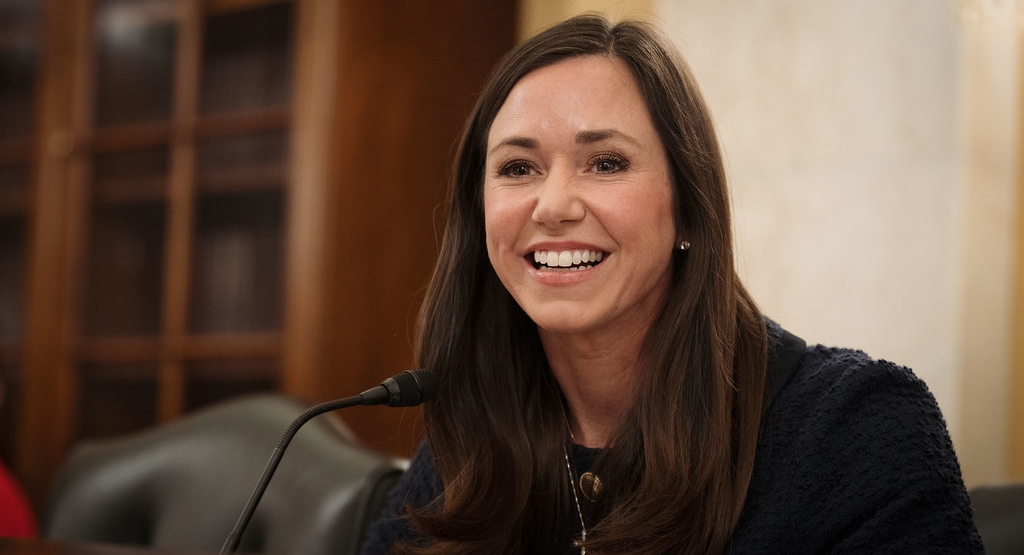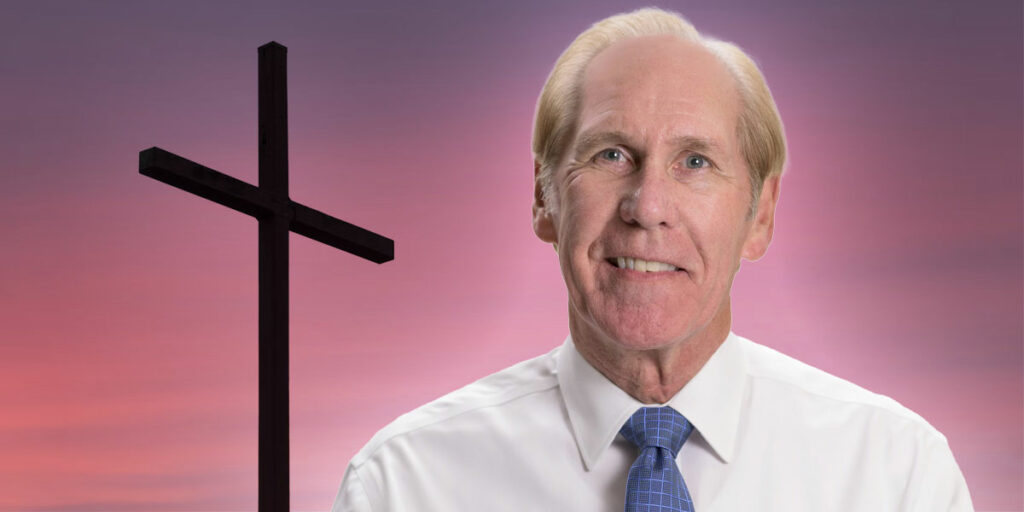For most of American history, the United States Senate has been seen as a place for seasoned leaders, a chamber of wisdom and experience. But in recent years, that experience has come with a downside. The Senate has grown older and slower, filled with politicians who have been in Washington for decades and often seem disconnected from the challenges everyday Americans face.
The average age of a U.S. senator today is well over sixty, which is nearly twice the age of the average American. That gap has real consequences. It affects how laws are written, which priorities get attention, and whether the concerns of younger working families are even understood.
Experience is valuable, but so is energy. So is perspective. So is knowing what it feels like to raise a family in this economy, to juggle faith, work, and bills, to worry about the future our kids will inherit. It’s time for younger leaders to take their place in the Senate — people who not only talk about America’s future but will actually live in it.
When Alabama elected Katie Britt to the U.S. Senate in 2022, the state made history. At just 40 years old, Britt became the youngest Republican woman ever elected to the Senate, and her victory signaled a new kind of leadership taking shape. She’s a mother, a wife, a Christian, and a proud Alabamian who understands what families are going through. Her approach to governing has been down-to-earth and forward-thinking, focusing on issues that matter to real people: creating jobs, expanding broadband internet to rural areas, improving schools, and helping families make ends meet.
Britt’s energy and perspective have brought a fresh sense of purpose to the Senate, and she’s proven that being younger doesn’t mean being inexperienced — it means being connected to the challenges of today’s America.
But Alabama needs more than one young voice in Washington. If the state wants to continue building influence and opportunity for future generations, it needs more leaders like Britt — leaders who can serve for decades, grow in seniority, and keep Alabama’s needs at the forefront of national policy.
What many people don’t realize is that seniority in the Senate isn’t just symbolic — it’s the key to real power. The longer a senator serves, the more influence they gain over committees that control where federal money goes. Those committees make decisions that shape everything from defense spending and infrastructure to education and agriculture.
When Senator Richard Shelby retired, Alabama lost one of the most powerful appropriators in the country.
Over his decades in Washington, Shelby steered billions of dollars home, supporting projects that built jobs and boosted communities across the state. It’s difficult to replace that kind of long-term influence overnight. But one way to rebuild it is to elect younger senators who can stay in office long enough to climb the ranks and earn that same level of authority.
A younger senator could build relationships, gain expertise, and eventually chair committees that decide how much investment Alabama receives in key areas like manufacturing, transportation, and defense. Longevity in office matters — not because of ego or politics, but because it means more resources, more jobs, and more opportunities for the people back home.
That’s where someone like Jared Hudson comes in. Hudson represents exactly the kind of younger, faith-driven, conservative leadership Alabama needs for the future. He’s not a career politician. He’s a husband, a father, a Christian, and a man who has already lived a life of service. A former Navy SEAL, Hudson risked his life to defend America overseas. When his military career ended, he didn’t stop serving — he simply found a new mission right here at home.
Seeing the devastating effects of human trafficking across the country, Hudson founded The Covenant Rescue Group, a nonprofit organization dedicated to fighting human trafficking and rescuing its victims.
His work is gritty and dangerous, but it’s fueled by faith, courage, and compassion. He’s built partnerships with law enforcement, churches, and community groups to take on one of the most horrific crimes of our time.
Through that work, he’s shown exactly what kind of leader he is — one who doesn’t just talk about doing good but actually does it. Hudson’s life reflects the values that Alabama holds dear: faith, family, service, and a strong sense of right and wrong. He believes that leadership isn’t about status — it’s about service.
His time as a Navy SEAL taught him discipline, teamwork, and humility. His nonprofit work has shown his deep compassion and sense of justice. His faith keeps him grounded and guided by a higher purpose. These are the kinds of values that Washington desperately needs more of.
Too often, the Senate feels detached from the moral backbone that defines communities across Alabama. Leaders like Hudson can help restore that connection, bringing integrity and faith-based principles to the highest levels of government.
Younger senators like Hudson and Britt also bring something else the Senate is sorely lacking — real-life experience with the challenges facing today’s families.
They know what it’s like to raise kids in a fast-changing world, to balance careers with family responsibilities, and to try to keep faith strong amid uncertainty. They understand the financial pressures facing small business owners, the frustrations of red tape, and the importance of keeping government accountable. That perspective isn’t theoretical — it’s lived. And it matters deeply when it comes to shaping laws that reflect modern realities.
When Alabama elects younger senators, it’s not just making a statement — it’s making an investment. Every new term a young senator serves means more influence in committee rooms, more leverage in negotiations, and more power to bring home funding that supports jobs, infrastructure, and education.
That’s how states grow stronger over time. That’s how Alabama built its reputation for influence under leaders like Richard Shelby. But to continue that legacy, the state must start now — by supporting a new generation of leaders who can serve long enough to make a difference.
The future of the U.S. Senate depends on balancing wisdom with fresh ideas. Experience still matters, but so does energy, conviction, and connection to the people senators serve. Katie Britt has already proven that younger leaders can bring meaningful change to Washington while staying true to their roots.
Jared Hudson represents the next step in that same movement — a man who has already demonstrated courage in battle, compassion in service, and strength in faith. He’s not interested in Washington politics for the sake of power. He’s interested in representing Alabama’s values and making sure our state and our families have a voice that lasts for generations to come.
In the end, this isn’t just about age. It’s about perspective, integrity, and the willingness to serve others before oneself.
The Senate doesn’t need to push out older senators — it needs to make room for younger ones who are ready to carry the torch forward. Alabama’s future will be shaped by the leaders we choose today.
By electing younger, principled voices like Katie Britt and Jared Hudson, we can ensure that our state remains strong, faithful, and influential for decades to come. They are the kind of leaders who will stand up for what’s right, fight for our families, and protect the values that make Alabama great.
Laura Johnston Clark is a wife, mother, and businesswoman. She grew up in the Wiregrass and now lives in Birmingham with her husband, retired Air Force Col. David Etheredge. She is a member of the Alabama Republican Party.













